We investigate the computational principles that govern experience-based organization of neural circuits.
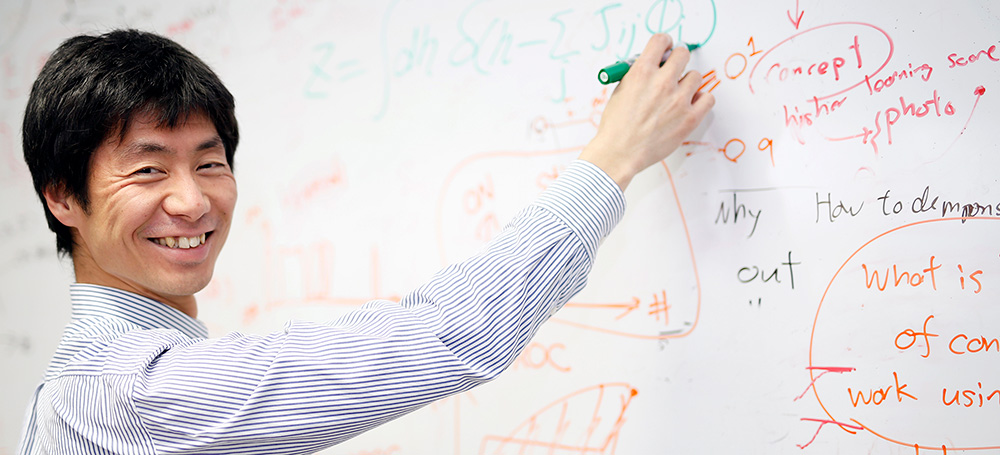
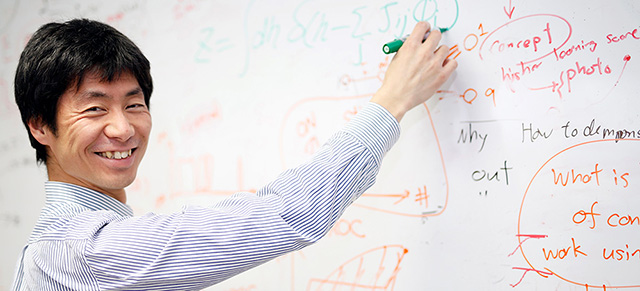
Taro Toyoizumi, Ph.D.
Team Director, Neural Computation and Adaptation
taro.toyoizumi@riken.jp
- Research Overview
- Selected Publications
- News & Media
- Curriculum Vitae
- Laboratory Website
- Research Scientist or Postdoctoral Researcher Position (25-597)
Research Overview
Our research is in the field of Computational Neuroscience. Computer models are used to study how information is processed in the brain and how the brain circuits adapt to and learn from the environment. We employ analytical techniques from statistical physics and information theory to investigate key functional properties for neuronal circuits. We use these techniques to reduce diverse experimental findings into a few core concepts that robustly explain the phenomena of interest.
We are particularly interested in activity-dependent forms of plasticity in the brain, which are known to have large impacts on learning, memory, and development. With the aid of mathematical models, we seek a theory that unites the cellular level plasticity rules and the circuit level adaptation in different brain areas and animal species. Efficacy of neurons to represent and retain information is estimated from the structure and behavior of resulting circuits.
Main Research Fields
Informatics
Related Research Fields
Complex Systems / Engineering / Biological Sciences
Keywords
- Computational Neuroscience
- Information Statistical Dynamics
- Neural Learning theory
Selected Publications
- Ł. Kuśmierz, S. Ogawa, and T. Toyoizumi:
"Edge of chaos and avalanches in neural networks with heavy-tailed synaptic weight distribution"
Physical Review Letters 125, 028101 (2020).
10.1103/PhysRevLett.125.028101 - Legaspi R. and Toyoizumi T.:
"A Bayesian psychophysics model of sense of agency"
Nature Communications 10:4250 (2019)
10.1038/s41467-019-12170-0 - Humble J., Hiratsuka K., Kasai H., and Toyoizumi T.:
"Intrinsic Spine Dynamics Are Critical for Recurrent Network Learning in Models With and Without Autism Spectrum Disorder"
Frontiers in Computational Neuroscience 13:38 (2019)
10.3389/fncom.2019.00038 - Isomura T and Toyoizumi T.:
"Error-Gated Hebbian Rule: A Local Learning Rule for Principal and Independent Component Analysis"
Scientific Reports , 8, 1835 (2018)
10.1038/s41598-018-20082-0 - Buckley C L and Toyoizumi T.:
"A theory of how active behavior stabilizes neural activity: neural gain modulation by closed-loop environmental feedback"
PLOS Computational Biology , 14, e1005926 (2018)
10.1371/journal.pcbi.1005926 - Tajima S, Mita T, Bakkum D, Takahashi H, and Toyoizumi T.:
"Locally embedded presages of global network bursts"
Proc. Natl. Acad. Sci, 114, 9517-9522 (2017)
10.1073/pnas.1705981114 - Toyoizumi T, Kaneko M, Stryker MP, and Miller KD.:
"Modeling the dynamic interaction of Hebbian and homeostatic plasticity"
Neuron, 84(2), 497-510 (2014)
10.1016/j.neuron.2014.09.036 - Toyoizumi T and Abbott LF.:
"Beyond the edge of chaos: Amplification and temporal integration by recurrent networks in the chaotic regime"
Physical Review, E 84(5), 051908 (2011)
10.1103/PhysRevE.84.051908 - Toyoizumi T, Aihara K, and Amari S.:
"Fisher information for spike-based population decoding."
Phys Rev Lett, 97(9), 98102 (2006)
10.1103/PhysRevLett.97.098102 - Toyoizumi T, Pfister JP, Aihara K, and Gerstner W.:
"Generalized Bienenstock-Cooper-Munro rule for spiking neurons that maximizes information transmission."
Proc Natl Acad Sci U S A, 102(14), 5239-44 (2005)
10.1073/pnas.0500495102
News & Media
-
-

-
Chaotic dynamics in the brain may enable probabilistic thinking
-
-
-

-
Kensuke Yoshida receives the Toshihiko Tokizane Memorial Award for Excellent Graduate Study in Neuroscience
-
-
-
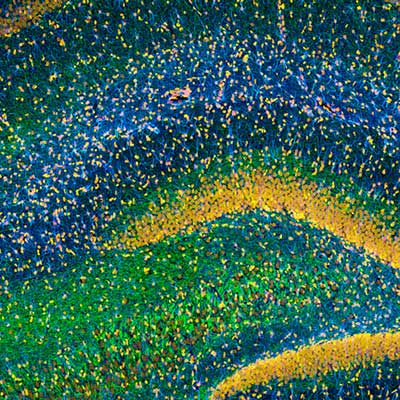
-
How the hippocampus records memories in stereo
-
-
-

-
NEURO SQUARE “Combining human intelligence with computers—Does it rely on brain fluctuations?” by Taro Toyoizumi
-
-
-
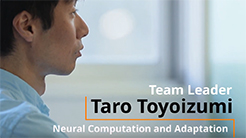
-
CBS Faculty & Labs: Taro Toyoizumi, Laboratory for Neural Computation and Adaptation
-
-
-
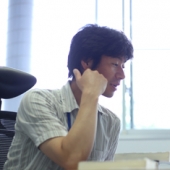
-
A journey through the brain, in theory
-
-
-

-
Mathematical model shows how the brain remains stable during learning
-



